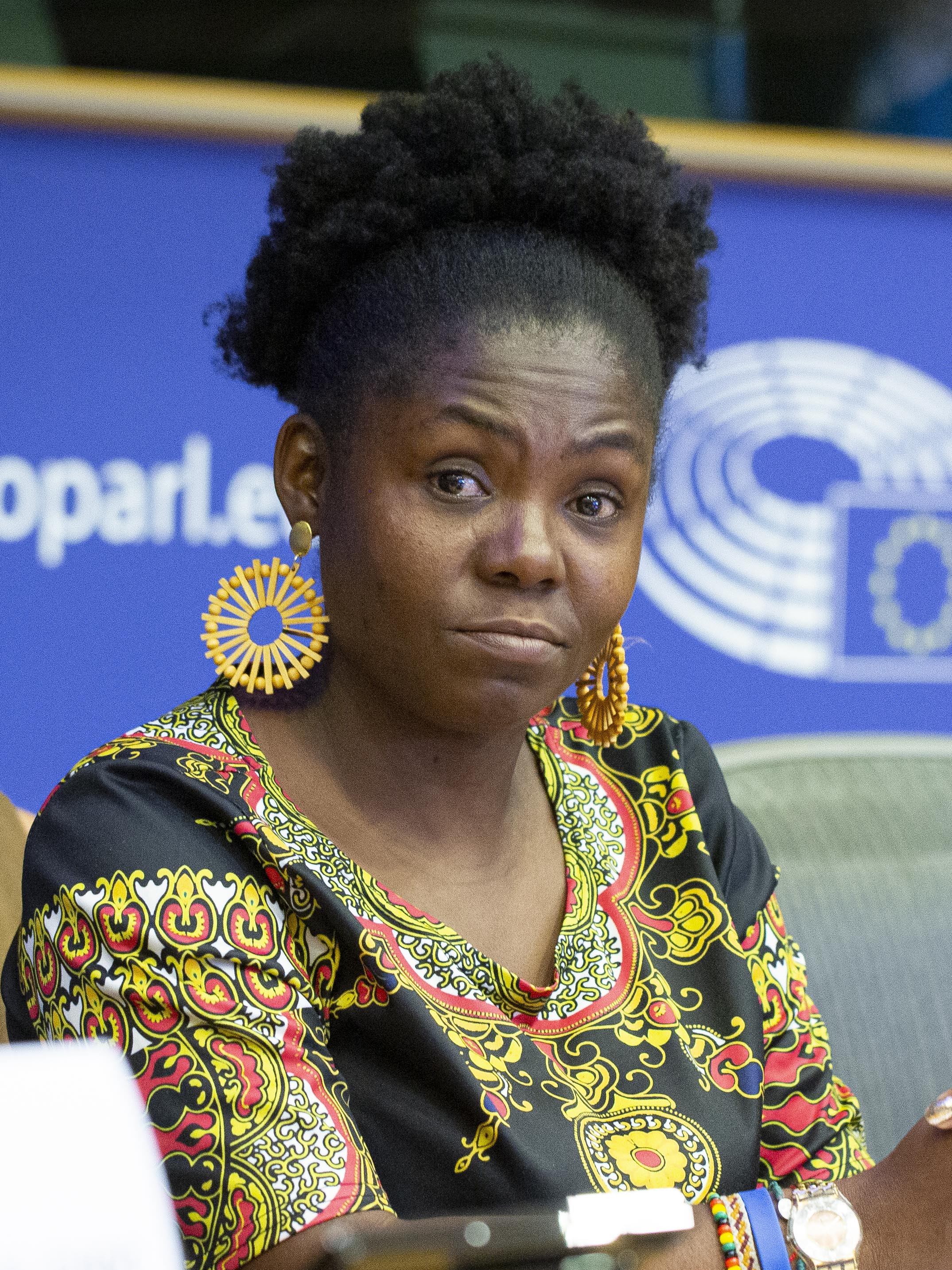"Vivir Sabroso": A Community Philosophy for the Future
"Vivir Sabroso" is a philosophy of community life that has its origins in the Afrocolombian peoples of the Chocó region, on the Pacific coast of Colombia.
This philosophy is also present in several Afro-descendant and African communities, such as the Ubunto and the Muntu.
This philosophy has recently been in the news for Francia Márquez, an environmental activist, who became vice president of Colombia in 2022 and is the first Afro-Colombian woman to achieve this high office in the country.
![Map of the Atrato River - Colombia [ see source ]](https://assets.serlo.org/15a4d9e0-6406-11ed-b282-836733dd2d87/245589.png)
Map of the Atrato River - Colombia [see source ]
The goal is to live a worthwhile, dignified life. The pursuit of wellness is a daily, communal exercise.
What does that mean in concrete terms? A good life begins with you and your family. Little by little, you extend a new practice to your neighbors and propose new ideas of cooperation and good living for a whole community sharing a territory.

Francia Márquez (2019). Image by GUE/NGL - F70A6326, CC BY-SA 2.0
By focusing on everyday life and daily tasks, daily life is also shaping the future. A commitment is made to care for life, our own, our neighbors' and the planet.
Each of us lives in a certain territory. This refers to the way we speak, what we eat, the customs or traditions we share, the way we dress, the music or art we create together. To inhabit a territory with joy and respect for its well-being is also to give it a new meaning.
The future is built day by day, in the daily act. It is a commitment to take care of life, our own, our neighbors', nature and the planet.
Living without fear is a process that makes people capable of facing and even resisting difficult situations in order to reclaim their dignity.
Let's see how it works with a game
The best way to explain this philosophy is through its ancient games, such as Awalé, which is common in many communities in Africa. This game is known by different names in different villages, for example, Oware, Mancala, etc.
![Oware players - [ see source ]](https://assets.serlo.org/a8d19e70-6ab8-11ed-b282-836733dd2d87/AwaleSpieler.jpg)
Oware players - [see source ]
The game arrived in Colombia centuries ago through the enslaved African trade and has survived to the present day, showing the resilience of these communities from generation to generation to the present day.
![Overview of human trafficking of Africans, 1500-1900 [ see source - CC BY-SA 3.0 ]](https://assets.serlo.org/d6db2a40-6aac-11ed-b282-836733dd2d87/bersichtberdenMenschenhandelmitAfrikanern15001900.png)
Overview of human trafficking of Africans, 1500-1900 [see source - CC BY-SA 3.0 ]
Although only two players sit at the board, the Awalé game always takes place in front of many spectators. The game is entertaining for everyone and educational at the same time: players and spectators learn more about the art of sowing, growing food and sharing harvests.
The game ends when one player reaches 25 seeds or when both reach 24 seeds.
The game has a condition of solidarity: the opponent must not be left without seeds on his field, no one must starve.
Here you can download the detailed instructions, it's very simple and you don't need anything complicated.
![Awalé game board [ see source - CC BY-SA 20 ]](https://assets.serlo.org/9e0cea30-6ccf-11ed-b282-836733dd2d87/AwalSpielbrett.jpg)
Awalé game board [see source - CC BY-SA 20 ]
Such games have the function of teaching respect, maintaining social harmony and strengthening cohesion by not humiliating the other player.
Some practical ideas inspired by "Vivir Sabroso":
Look closely at your surroundings. Observe people and nature. Be an active observer with the goal that not only you can live a good life, but also everyone else.
Think consciously about how clean your drinking water is and find out more about its source.
Be curious about the food you eat, where it comes from, who produces it, and in what ways. They are also part of your territory. Try to imagine the people who produce your food. Maybe you have a favorite chocolate. Where do the raw materials in it come from? How do the people who produce it live? I wonder if they have access to clean water.
Try to establish an emotional connection with the people in your territory, as if they were extended family.
Instead of buying an item you need, borrow it from someone else - for example, your neighbor's hedge trimmer.
Find out more about the life story of your grandparents. Some of your ancestors survived wars and endured injustice.
The way our ancestors managed their daily lives can help us redesign our everyday lives. For example, by wasting fewer resources, repairing damaged items, and making do with what we have.
"Vivir Sabroso" is the pursuit of collective well-being for all, for nature and for our territory. It is a constant task to coordinate our actions and find a way to work together.
Sources
- Maihold, Günther (24.10.2022) Francia Márquez y el “vivir sabroso” en Colombia. DW - Deutsche Welle
- Márquez, Francia (2022). El territorio es la vida. Ensayo en Territorio (Futuro en tránsito). Comisión para el Esclarecimiento de la Verdad, la Convivencia y la No Repetición. Rey Naranjo Editores.
- Martínez Barragán, Miguel Alfonso. (2020). Awalé - Abapa, Memoria etnomatemática africana para los niños de Colombia. Publisher: Universidad Santo Tomás,Ibagué - Colombia.
- Mena Lozano, Ángela E., & Meneses Copete, Y. A. (2019). La filosofía de vivir sabroso. Revista Universidad De Antioquia.
- Quiceno Toro, Natalia (2016). Vivir Sabroso. Luchas y movimientos afroatrateños, en Bojayá. Chocó, Colombia. Publisher: Universidad del Rosario, Bogotá - Colombia.
- Map of the Atrato river: De OpenStreetMap contributors, Ccmpg - Creative Commons Attribution-ShareAlike 2.0 license (CC-BY-SA 2.0)
- Image from Francia Márquez - GUE/NGL - F70A6326, CC BY-SA 2.0
- Outline map of human trafficking of Africans, 1500-1900. By KuroNekoNiyah - Own work based on Map 1, from Atlas of the Transatlantic Slave Trade (New Haven, 2010), CC BY-SA 4.0.
- Image of Oware game variant. CC BY-SA 3.0